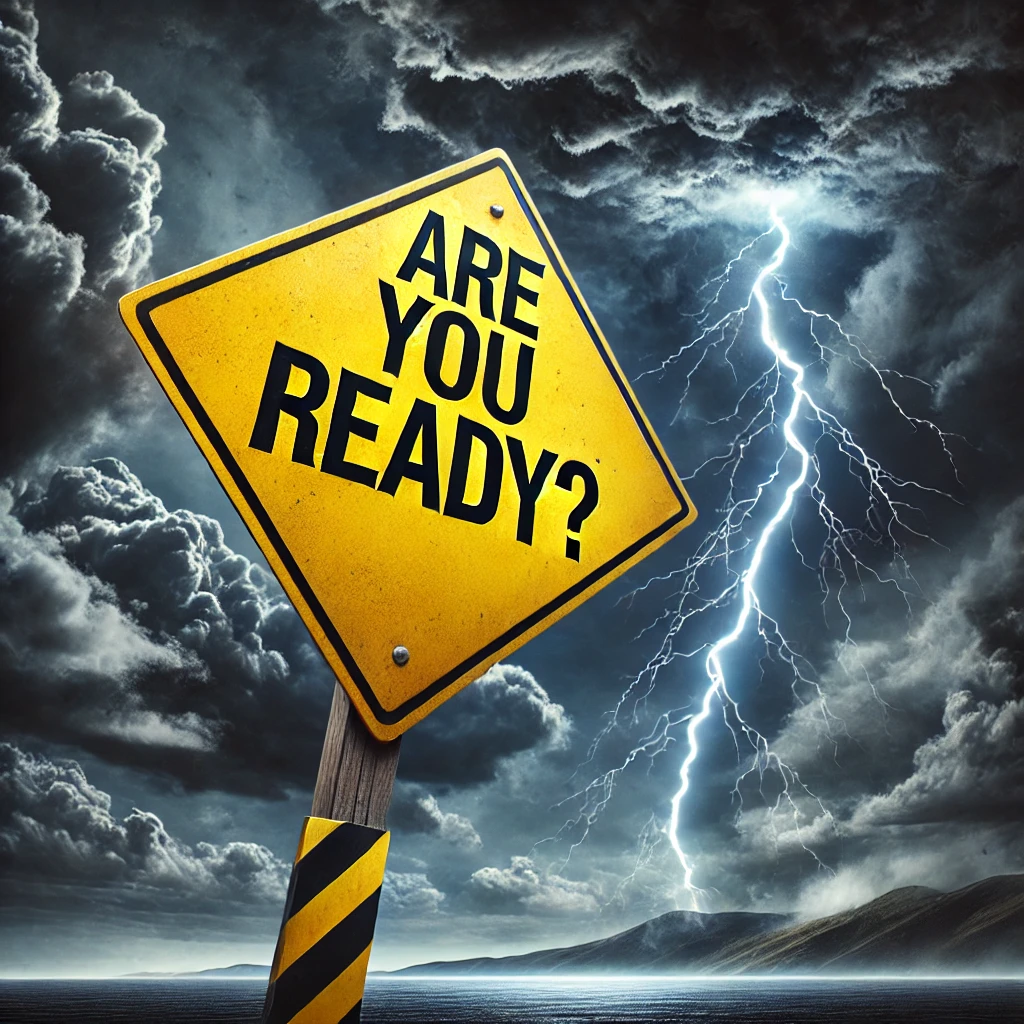Disclosure: Some of the links on this page are affiliate links. This means that, at no additional cost to you, I may earn a small commission if you click through and make a purchase. I only recommend products that I personally use or believe will be helpful in emergency preparedness.
In today’s unpredictable world, effective crisis management preparedness is not just a luxury—it’s a necessity. From natural disasters to unexpected emergencies, being prepared can be the difference between chaos and calm. According to a study by FEMA, only 39% of people have an emergency plan in place, leaving many vulnerable when disaster strikes. Let’s change that! This guide will walk you through everything you need to know to handle a crisis with confidence and ease. We’ll dive into the essential tools, plans, and strategies you need to protect yourself and your loved ones in any situation. Let’s get started!
Why Crisis Management Preparedness Matters
Understanding why preparedness is essential is the first step in developing a solid plan. Emergencies can range from small, localized incidents to large-scale disasters. Having a clear plan and resources can help you respond quickly and effectively, reducing panic and increasing your safety.
Essential Crisis Management Strategies
1. Create a Communication Plan:
Establish how you’ll communicate with family and friends during a crisis. Consider using a mix of phone, text, email, and social media channels to stay in touch.
• Product recommendation: Emergency Communication Radios for reliable communication when cell towers are down.
2. Stock Essential Supplies:
Make sure you have a well-stocked emergency kit with water, non-perishable food, first-aid supplies, flashlights, batteries, and hygiene items.
• Product recommendation: 72-Hour Emergency Survival Kit that includes food, water, and basic medical supplies.
3. Develop an Evacuation Plan:
Identify safe routes and meeting points in case you need to leave quickly. Practice these routes regularly to ensure everyone knows what to do.
• Product recommendation: Emergency Backpack for grab-and-go situations.
4. Stay Informed:
Sign up for local alerts and emergency notifications to stay updated on potential threats in your area. Knowledge is power during a crisis.
• Product recommendation: NOAA Weather Radio for real-time weather alerts.
5. First Aid and Medical Preparedness:
Have a first aid kit ready and consider taking a basic first aid course. Knowing how to treat injuries can be vital in crisis situations.
• Product recommendation: Comprehensive First Aid Kit for all types of injuries.
6. Financial Preparedness:
Keep some cash on hand and ensure your important documents (insurance, medical records, etc.) are stored safely in a waterproof, fireproof box.
• Product recommendation: Waterproof Document Safe to protect critical documents.
7. Mental Health and Well-being:
A crisis can be emotionally challenging. Practice stress management techniques, such as deep breathing or meditation, to stay calm.
• Product recommendation: Meditation App for guided relaxation.
Conclusion
Effective crisis management preparedness isn’t just about having the right gear—it’s about having the right mindset. Stay calm, stay informed, and stay prepared. The more you practice your plan, the more natural it will feel when you need it most. Remember: preparation is an investment in your safety and peace of mind.
Looking for more tips? Explore our other articles to stay prepared!
For recipes you can make with non-perishable ingredients, check out our Emergency Food Recipes page.




